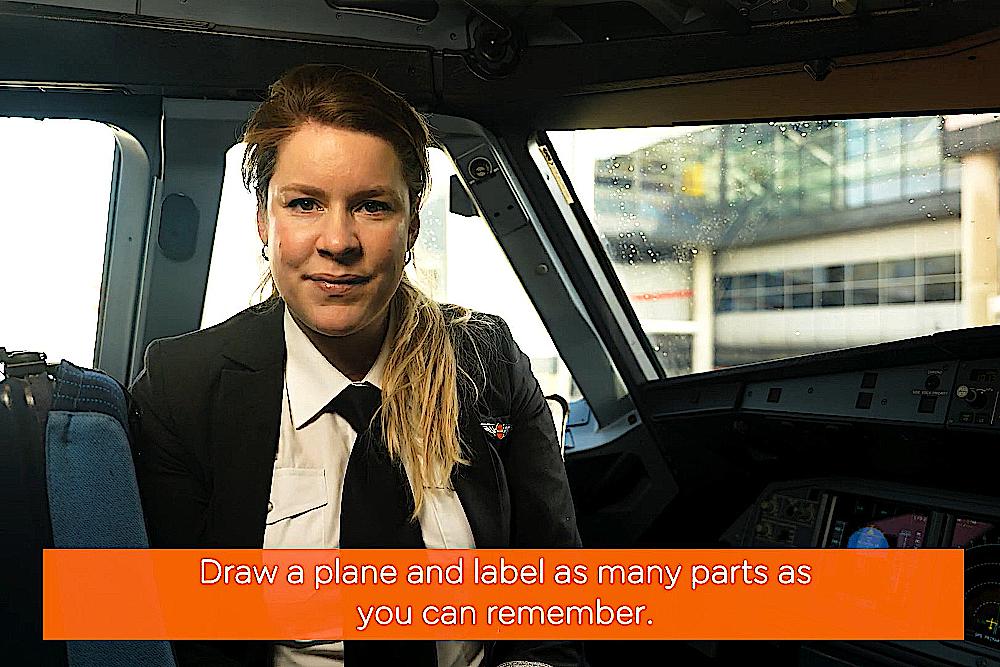
Part-time work is common, and many private music teachers combine teaching with performing, directing, composing or other activities. If you're working as a self-employed visiting music teacher, you'll typically work during school hours, although you may have some lessons before or after the school day. Some students may stop lessons during holidays, while others continue throughout the year. Your working hours typically include after school, evenings and weekends, and may be irregular due to cancellations and rearrangements. Income figures are intended as a guide only. For tips on setting your rates, see the ISM website. Most private music teachers are self-employed, so in addition to providing an income your fees need to cover the overhead costs of running a private teaching practice. A minimum teaching rate of £36 per hour is recommended by the Musicians' Union for individual lessons or for small-group teaching.Īccording to the ISM survey, fees charged in London and the South East are higher than elsewhere in the UK.Hourly rates were significantly higher in independent schools than in state schools. The average hourly rate charged by self-employed visiting music teachers in schools was £34.73 per hour.The Incorporated Society of Musicians (ISM)'s 2021 survey of teaching, examining and accompanying rates showed that the average hourly rate charged by private music teachers was just over £34 for both face-to-face and online teaching.manage the marketing, development and expansion of your business.manage the administrative tasks associated with running a small business.

ensure that you adhere to health and safety standards, are adequately insured and work in line with child protection legislation.
LIVE MUSIC TUTOR PILOT SOFTWARE

Many private music teachers and musicians combine a number of these roles. Alternatively, you may work in your own home, travel to various locations to teach students, be hired by a local authority music service or music education hub to teach in schools or be employed by a privately or publicly-funded music centre.


Teaching can take place in a school, college, university, conservatoire or a community-based setting. You'll work at a variety of levels teaching different musical skills to individuals or groups. Private, visiting and peripatetic music teachers provide instrumental, vocal and music training for children and adults of all ages. As a private music teacher you'll combine your musical and teaching ability to provide music lessons to teach pupils to play a musical instrument or to sing


 0 kommentar(er)
0 kommentar(er)
